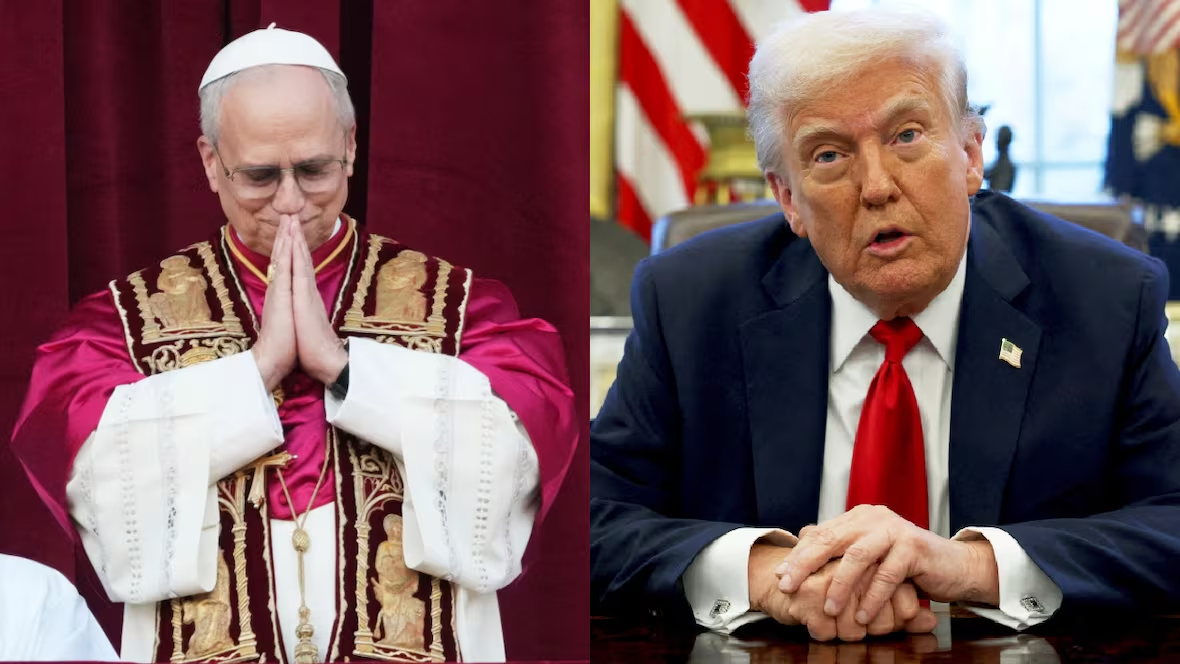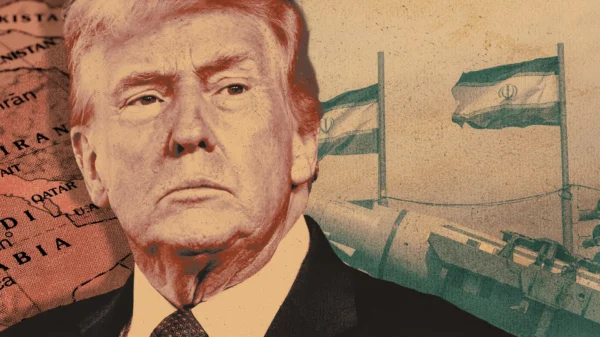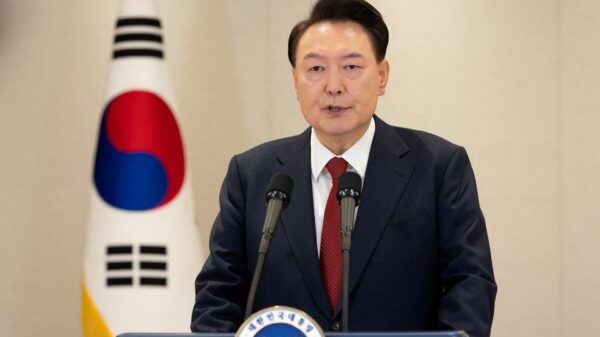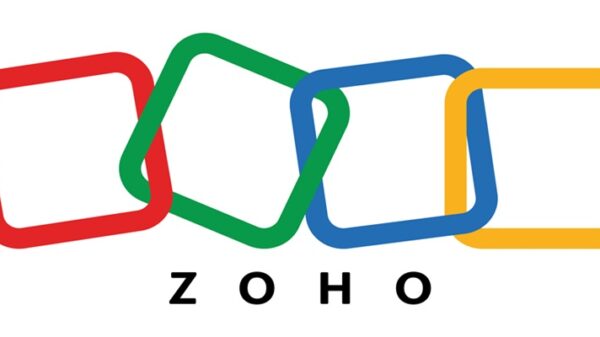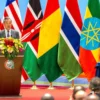A fierce clash between Nigerian activist Omoyele Sowore and the Department of State Services (DSS) has erupted into a full-blown controversy over digital rights and political dissent.
The DSS recently sent a formal letter to X Corp (formerly Twitter), demanding the removal of a tweet posted by Sowore that criticized President Bola Ahmed Tinubu’s anti-corruption claims during a state visit to Brazil.
The tweet, posted on August 25, read: “This criminal @officialABAT actually went to Brazil to state that there is NO MORE corruption under his regime in Nigeria. What audacity to lie shamelessly!”
In its letter, the DSS accused Sowore of violating multiple Nigerian laws, including the Cyber Crimes Act and the Terrorism Prevention Act, and warned that the tweet could incite unrest among Tinubu supporters.
The agency demanded that X deactivate Sowore’s account within 24 hours.
X Corp responded by notifying Sowore of the request but confirmed it had not taken any action on the tweet.
Sowore, in turn, refused to comply, calling the DSS’s move “an act of national disgrace” and a “brazen attempt at censorship”.
His legal team, led by Tope Temokun, fired back with a letter to X, arguing that only a court order could justify such a takedown.
They cited constitutional protections and warned that compliance would violate both Nigerian and international human rights laws.
Civil society organizations have rallied behind Sowore. Amnesty International condemned the DSS’s actions as “outrageous” and a violation of free speech.
SERAP urged President Tinubu to withdraw the directive, emphasizing that public officials must be open to criticism.
As protests simmer and legal tensions mount, the incident has spotlighted the fragile balance between national security and civil liberties in Nigeria’s digital age.
Whether X stands firm or yields to pressure could shape the future of online dissent across the region.
![]()



